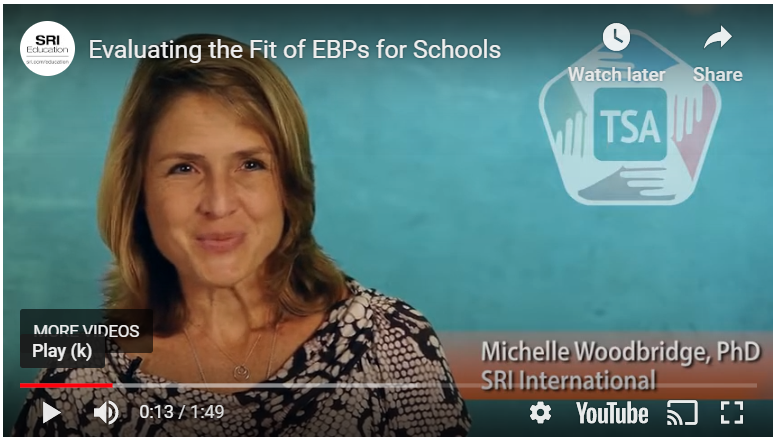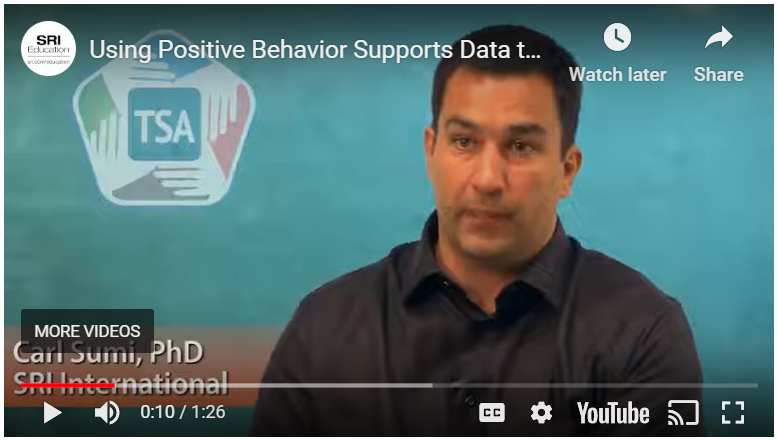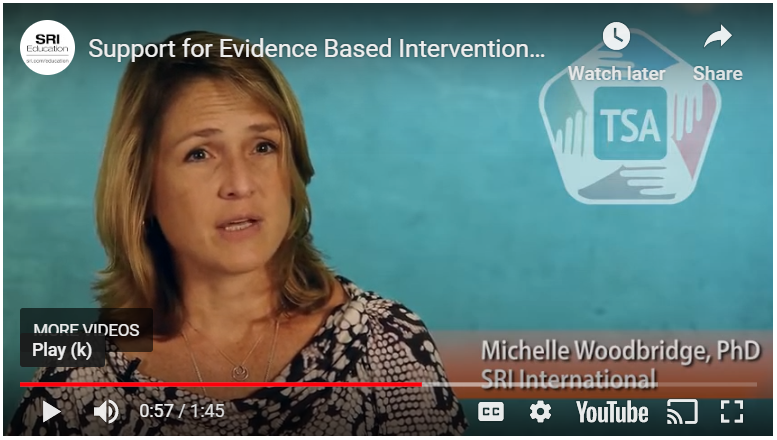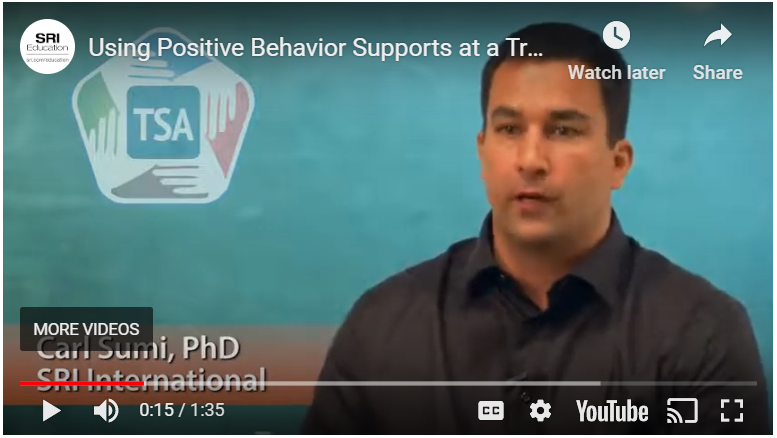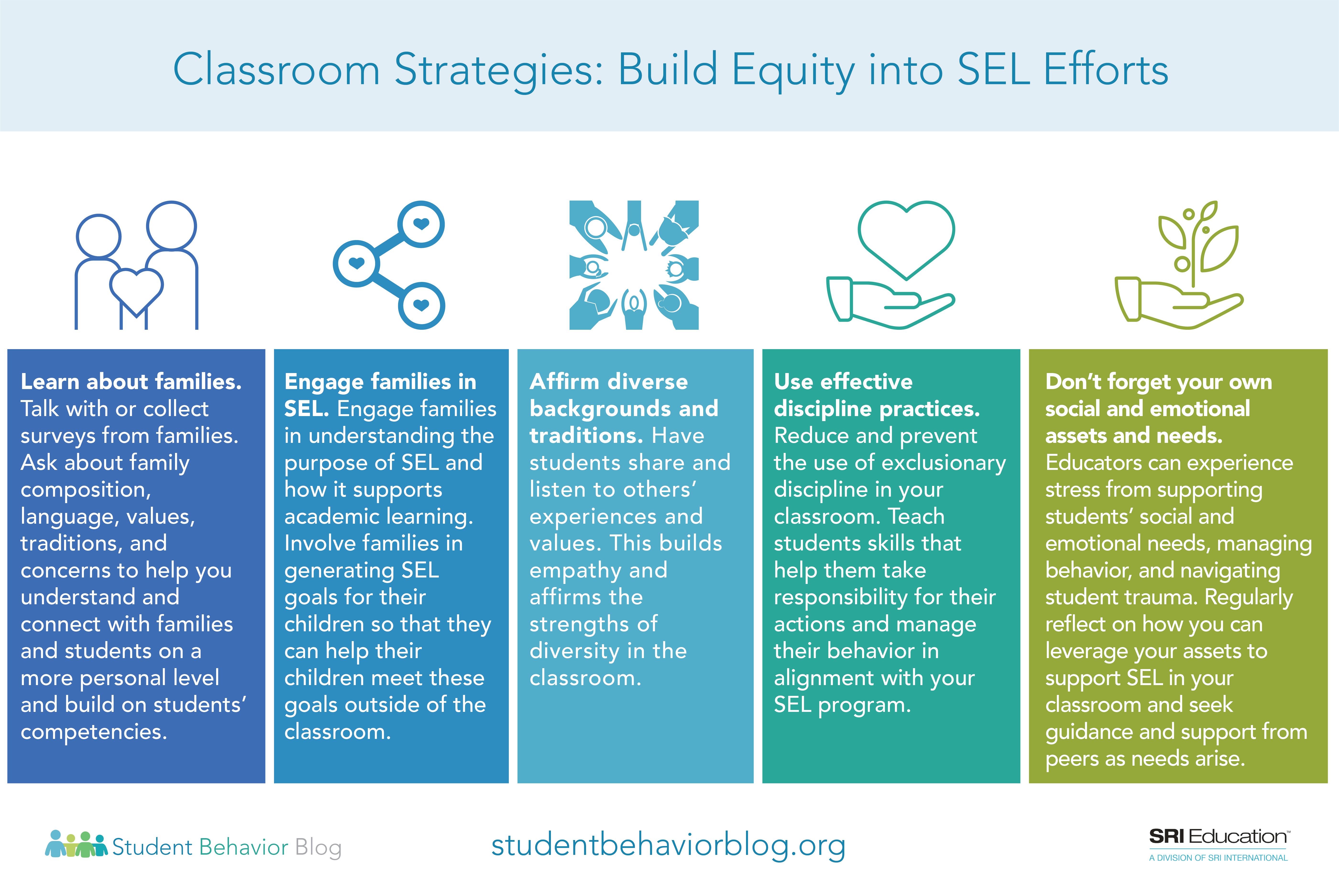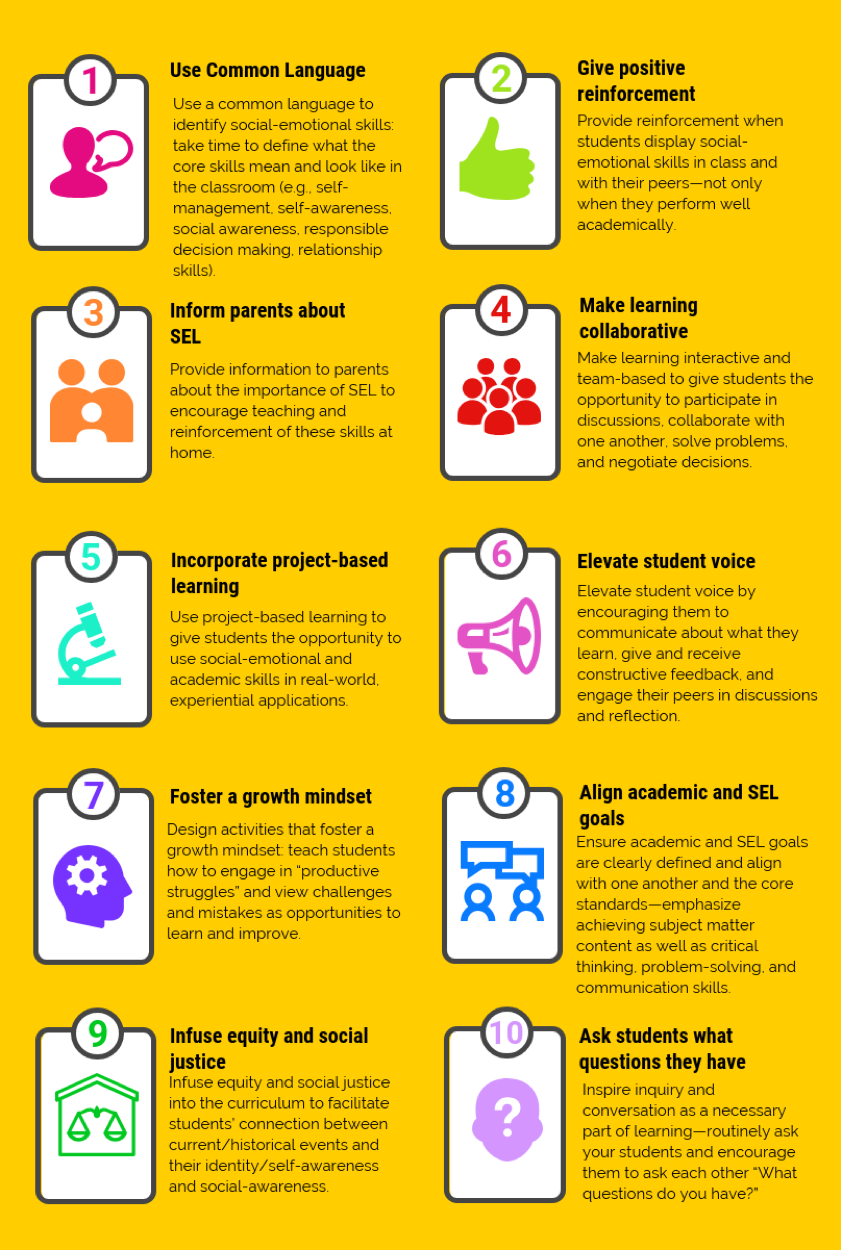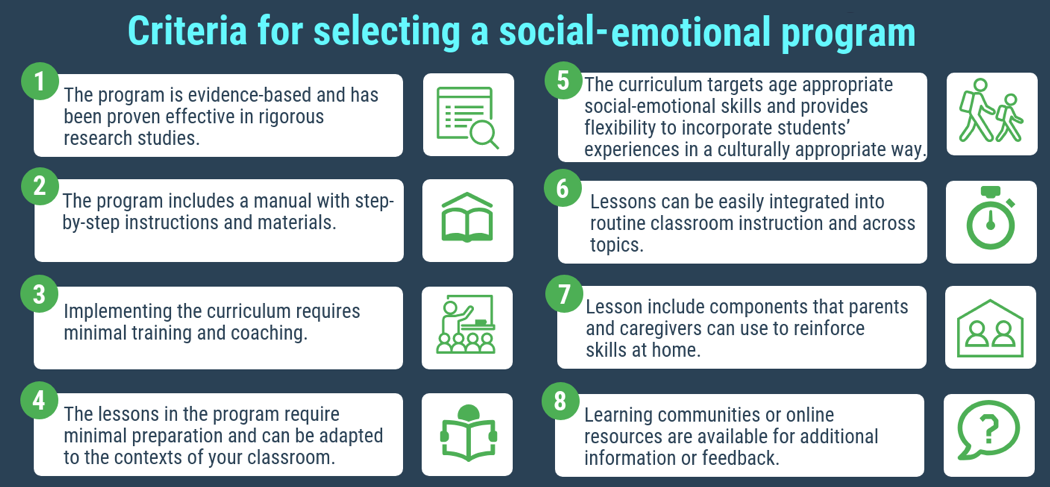In this video, Dr. Michelle Woodbridge (who has been studying prevention and intervention programs related to school-based mental health for more than 25 years) discusses how to evaluate the fit of EBPs for schools. This video was produced by the 3C Institute. Additional resources on cognitive behavior interventions can be found on the Cognitive Behavioral … Continue reading How to determine the quality of evidence-based programs (EBP) for schools
In this video, Dr. Carl Sumi, an expert in student behavioral research and interventions, discusses the importance of using data to make decisions in PBIS schools. This video was produced by the 3C Institute. Helpful resources on cognitive behavior interventions can be found on the Cognitive Behavioral Intervention for Trauma in Schools (CBITS) program website. … Continue reading Using data to make better decisions in positive behavioral support programs
In this video, Dr. Michelle Woodbridge (who has been studying prevention and intervention programs related to school-based mental health for more than 25 years) discusses why schools should adopt evidence-based programs. This video was produced by the 3C Institute. Additional resources on cognitive behavior interventions can be found on the Cognitive Behavioral Intervention for Trauma … Continue reading Why should schools adopt evidence-based Interventions?
In this video, Dr. Carl Sumi, an expert in student behavioral research and interventions, discusses the intersection between PBS and trauma informed schools. School-wide Positive Behavior Supports is a framework for operating schools and changing social culture and supporting all students. This video was produced by the 3C Institute. Additional resources on cognitive behavior interventions … Continue reading Why Positive Behavior Supports is a good fit for Trauma Informed Schools
Social-emotional learning (SEL) programs are more likely to be successful with all students when they are grounded in strategies that promote equity. Equity means ‘leveling the playing field’ and creating a culture where all students feel fully included, respected, represented, and valued. Here are a few strategies that start in the classroom. Content excerpted from … Continue reading Strategies for bringing an equity lens to SEL
One approach to teaching social-emotional skills in the classroom is to integrate SEL into everyday academic instruction. Rather than teach social-emotional skills independently of academic skills, many teachers and administrators are trying to implement SEL throughout the school day. Here are several useful strategies identified in these resources that teachers can use to incorporate SEL … Continue reading Strategies for incorporating SEL into instruction
We expect teachers to handle a lot: create engaging learning experiences, differentiate instruction based on student needs, manage behavior, motivate students to learn, and tackle persistent gaps and inequities. More and more, teachers are meeting this challenge by embracing social-emotional learning (SEL), which can support academic learning, teach and reinforce positive behavior, motivate students to … Continue reading Want to build an equitable classroom? Start with social-emotional learning (SEL)
When you really want to focus on social-emotional learning (SEL): Selecting a standalone SEL program
Standalone social-emotional learning (SEL) programs are helpful tools for teachers who want to build students’ social-emotional skills in the classroom setting. However, it can be challenging to select an appropriate, practical, and effective classroom-wide curriculum that will work for all students. We have simplified the process to help teachers and other practitioners make a well-informed decision.
Although most teachers recognize the importance of teaching social-emotional skills, many are also concerned about having time to fulfill their other responsibilities. Here we highlight one approach to teaching social-emotional skills in the classroom: incorporating social-emotional learning (SEL) into everyday academic instruction.

